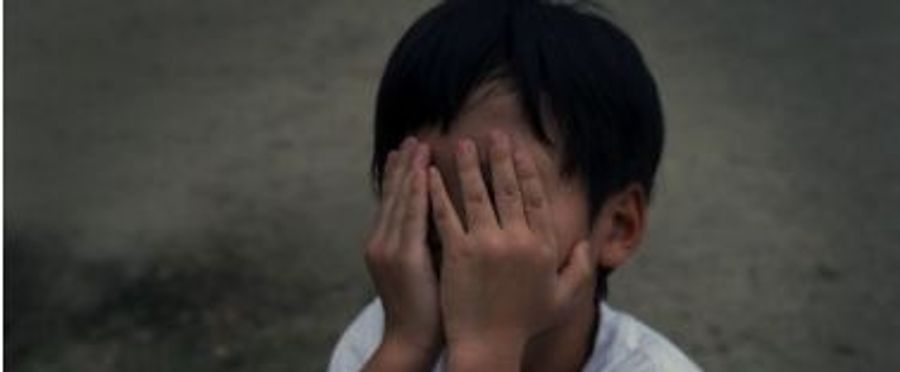A recent report from Japan throws light on children grappling with psychosomatic illness, a condition where physical symptoms are caused or exacerbated by mental factors such as stress or anxiety. Despite medical examinations suggesting 'no abnormalities', many children continue to suffer from pain and complications. Though it's unclear when and how this issue was recognized, it emphasizes the needs for improved diagnosis tools and support systems for these youngsters and their families to help them continue their day-to-day life.
In Japan, the issue of psychosomatic illness in children is often misinterpreted due to the lack of visible symptoms or 'abnormalities'. It is stigmatized, and the complexity of the condition, compounded by the societal pressure to conform and not 'burden' others, makes it a critical healthcare problem. It also reflects on the intense academic and social pressures faced by children in Japan.
In contrast to Japan, the US and EU have a more comprehensive approach to psychosomatic illnesses in children, with a focus on the integration of psychological and physical healthcare. Recognition of these conditions and access to mental health support services, though challenged by stigma, are generally more available.

